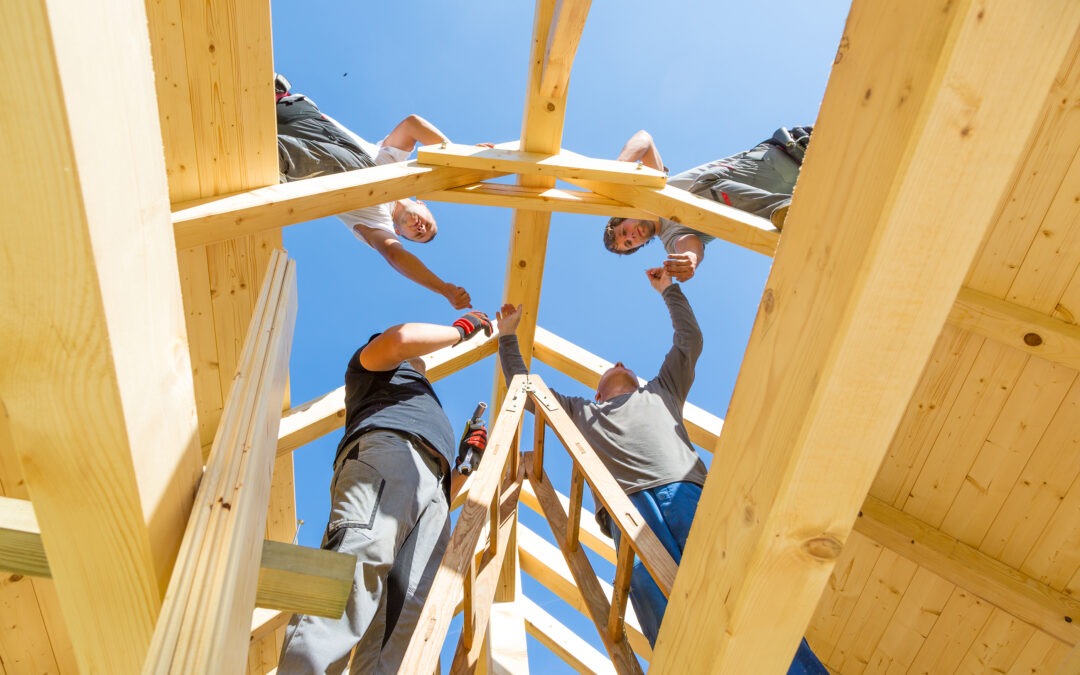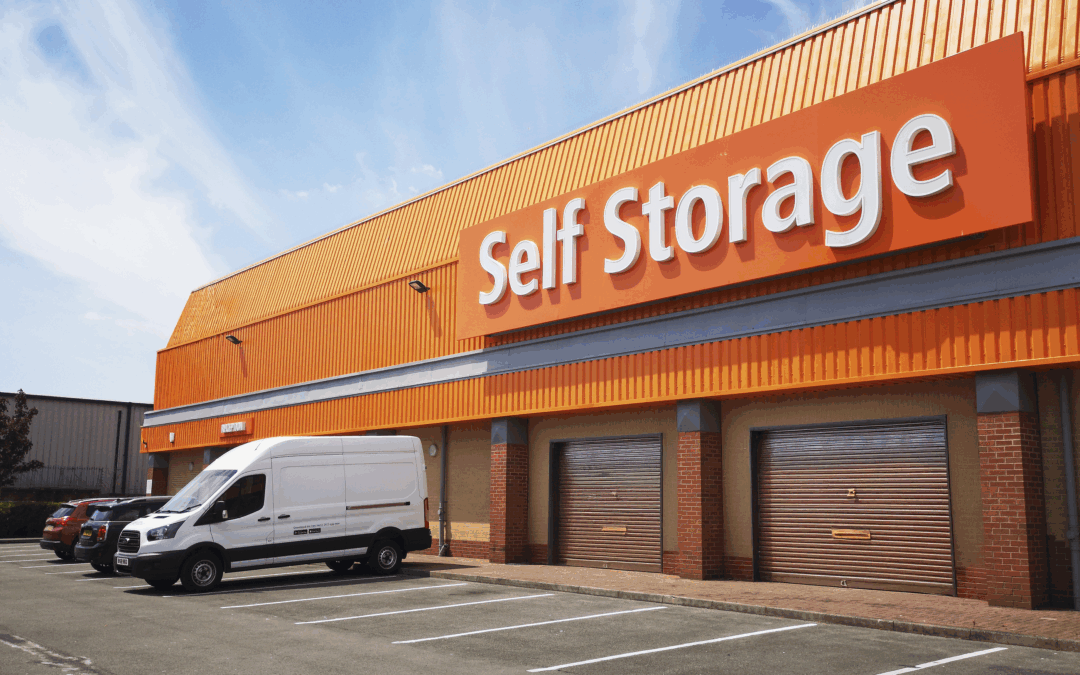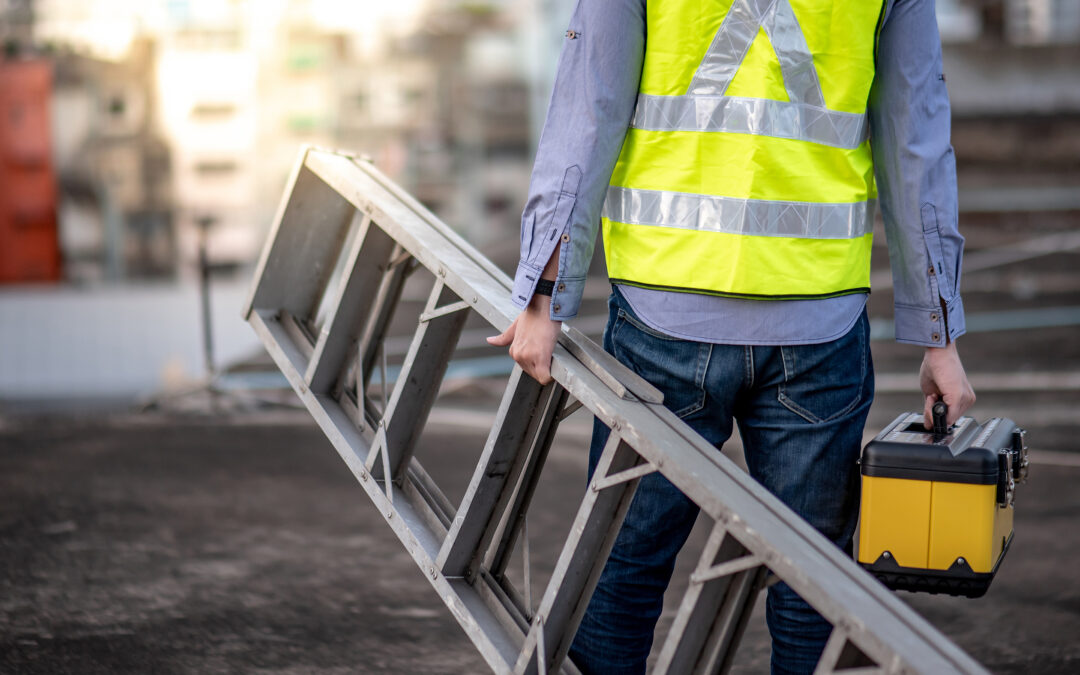Flooring contractors may work on solid ground, but their risks run deep. Here’s how proactive safety and risk management can protect crews, reduce claims, and lower insurance premiums.
Flooring contractors are part of the artisan trades shaping every new build and renovation, from hardwood and tile installations to commercial carpet and stonework. Yet despite the perception that “working on solid ground” means lower risk, the hazards beneath the surface can be serious and costly.
For insurance agents and brokers, guiding clients toward stronger safety and risk management practices (along with flooring contractor insurance solutions) builds trust, reduces losses, and helps clients qualify for better coverage terms.
What are Flooring Contractors Up Against?
Every flooring material introduces its own set of physical, chemical, and environmental risks, many of which are easy to underestimate.
- Hardwood: Sanding and staining release fine dust and fumes that can lead to respiratory issues, even with “dustless” systems. Heavy sanders and buffers can also cause ergonomic strain.
- Tile: Cutting tile generates silica dust, a known respiratory hazard. Mortar and grout can cause burns or skin irritation.
- Stone and Marble: Slabs are heavy and difficult to handle, increasing back, knee, and joint injury risk.
- Carpet: Utility knives, seam irons, and adhesives can lead to lacerations or burns, while large carpet rolls pose lifting hazards.
Common flooring-related claims include:
- Slips, trips, and falls from cluttered work areas or tangled cords
- Strains and sprains from repetitive lifting or kneeling
- Cuts and punctures from tools and materials
- Eye and lung irritation from silica and chemicals
- Long-term musculoskeletal injuries
Many contractors overlook these exposures because flooring doesn’t appear inherently dangerous until an injury, property loss, or claim proves otherwise.
How to Build a Culture of Safety and Risk Management
Proactive planning is one of the most effective ways for contractors to lower premiums and strengthen insurability. The key is to focus on preparation, prevention, and ongoing training.
Before Installation
- Walk the jobsite to identify tripping hazards, ventilation needs, and access for large tools or materials.
- Provide PPE, including goggles, gloves, respirators, and durable knee pads.
- Inspect cords, blades, and sanders before every use. Faulty or dull tools lead to accidents.
During Installation
- Keep tools and materials organized to prevent trips and falls.
- Rotate tasks to minimize repetitive strain.
- Use caution when handling adhesives or chemicals, especially in enclosed spaces.
After Installation
- Block off areas where finishes are curing to prevent slipping or fume exposure.
- Dispose of chemicals and debris safely.
- Review incidents or near-misses to identify areas for improvement.
When safety best practices are part of everyday operations, it reduces downtime, boosts efficiency, and demonstrates professionalism to both clients and carriers.
Why Safety Directly Impacts Flooring Contractor Insurance
For flooring contractors, every claim tells a story. A single injury, damaged property, or equipment failure can stay on a loss history for years, impacting renewal rates and eligibility for preferred markets. Underwriters evaluate not only claim frequency but also the contractor’s approach to prevention. A documented safety program, complete with regular inspections and employee training, signals accountability and can directly influence:
- Premiums: Fewer claims can lead to better rates.
- Coverage options: Clean loss runs may qualify contractors for better policy terms.
- Carrier confidence: Strong risk management documentation helps agents present a more attractive submission.
For contractors who invest in safety, it can pay off through lower premiums and reduced downtime.
Workplace Safety Checklist: Flooring Safety Best Practices
Encourage flooring clients to follow these simple, high-impact steps:
- Conduct a safety inspection before every job
- Provide and enforce proper PPE use
- Keep worksites organized and clutter-free
- Replace damaged cords, blades, or equipment immediately
- Rotate crews to reduce repetitive strain injuries
- Train workers on lifting and cutting techniques
- Review near-miss incidents to refine safety protocols
Why Agents Partner with MiniCo
MiniCo’s exclusive Artisan Contractor Insurance program is designed for specialty trades, including flooring, tile, masonry, painting, HVAC, and more, offering tailored protection that standard policies often overlook.
MiniCo offers:
- Admitted and non-admitted general liability options
- Commercial auto coverage with broadened endorsements
- Cyber liability automatically quoted (with higher limits available)
- Inland marine protection for tools and equipment
- Excess liability and property coverage
- No extra cost for additional insureds, waiver of subrogation, or per-project aggregate
- New ventures can be considered
Whether your flooring contractor clients need general liability, workers’ compensation, or equipment protection, MiniCo’s specialized solutions help them operate safely, stay compliant, and strengthen their business reputation.
NOTE: MiniCo’s exclusive Artisan Contractor program is available in Arizona, California, and Nevada. Contact MiniCo for updated availability.
FAQ: Common Questions from Flooring Contractor Clients
Q: Why does risk management matter if flooring work isn’t as dangerous as roofing or electrical?
Risk management still matters because injury frequency isn’t the only concern; chronic exposure to dust, fumes, and strain can create long-term claims and drive up premiums.
Q: What kind of insurance should flooring contractors carry?
At minimum, flooring contractors should carry general liability, commercial auto, workers’ compensation, and inland marine coverage for tools. Cyber and excess liability are also worth considering.
Q: How does maintaining equipment affect insurance costs?
Proper maintenance helps to minimize accidents caused by faulty tools, helping maintain a cleaner claims history—and often, lower renewal rates.
Q: Can new flooring businesses get coverage through MiniCo?
Yes. MiniCo considers new ventures and offers flexible options without requiring premium volume commitments.
Protect Your Clients from the Ground Up
Flooring safety isn’t just a checklist, it’s a competitive edge. Help your flooring contractor clients stay one step ahead with MiniCo’s specialized artisan contractor coverage. Connect with MiniCo to get started.
NOTE: MiniCo’s exclusive Artisan Contractor program is available in Arizona, California, and Nevada. Contact MiniCo for updated availability.




